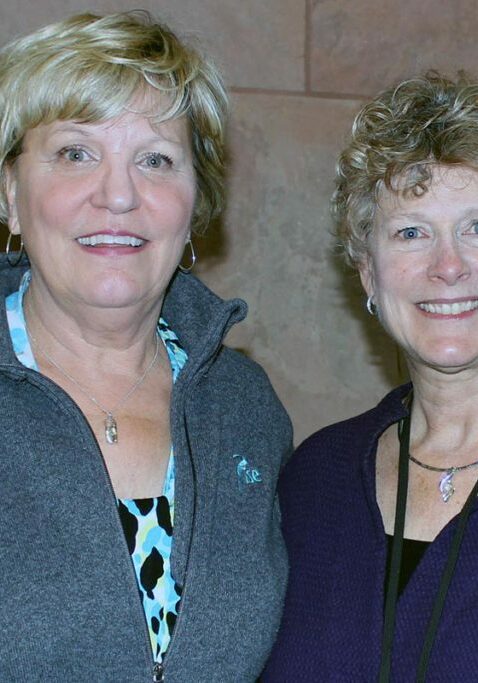DHS’S ALEX BARTOLIC ADDRESSES SERVICE CHALLENGES
May 25, 2016

Posted on May 25, 2016
As human services professionals, the people we serve, and their supporters may likely agree, this is a time of unprecedented change in terms of public policies at all levels related to supports for people who have disabilities.
Rise President Lynn Noren (LN, left) sat down with Alex Bartolic (AB, right), director of the Disability Services Division for the Minnesota Department of Human Services (DHS), to discuss how the state and agencies like Rise can work together to address future needs.
LN: Rise is working hard to strategically plan and move forward with services that will meet the needs of the community, and we are proud to be active participants in public policy development. But it is often challenging to be nimble enough to adjust our business model to reflect the changes as we work to meet the many different needs of the people we serve.
AB: Change can be uncomfortable, confusing, and even overwhelming at times. After decades of progress to support people with disabilities, Minnesota is continuing to reform its services while it responds to new change drivers, including the Minnesota Olmstead Plan implementation and new Center for Medicare/Medicaid Services (CMS) requirements.
While our system continues to provide high-quality support to people with disabilities, people’s desires and expectations have evolved. We learn a lot about what the system needs to look like by focusing on one person at a time, and what that person wants for his or her life. With what we are learning, we are honing our priorities to best reflect those needed changes.
LN: Person-centeredness seems to be at the core of all of the new policy direction. Rise appreciates being chosen by DHS to be among the first agencies to receive Person-Centered Training (PCT) for our entire team. As an organization, we have embraced the concepts and find that PCT tools are changing the way we work and our Rise’s culture in exciting ways.
AB: We are learning so much from Rise and other organizations participating in PCT about new ways to support and balance what is important to a person—what they believe adds to their quality of life—and what is important for a person—to stay healthy, safe and well. Services and supports must reflect this balance. DHS staff from across the organization are also going through PCT training to further energize this cultural change and enhance how we all work together.
LN: At Rise, we are all about planning strategically while at the same time encouraging innovation – which we hope will effect good outcomes.
This article appears in the June 2016 issue of the Rise Reporter.